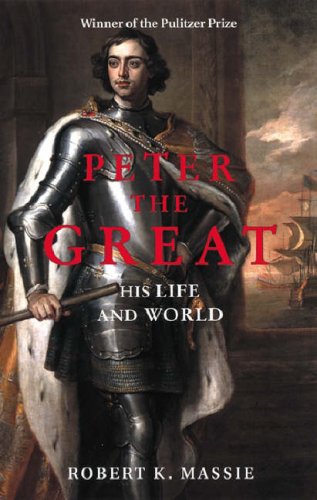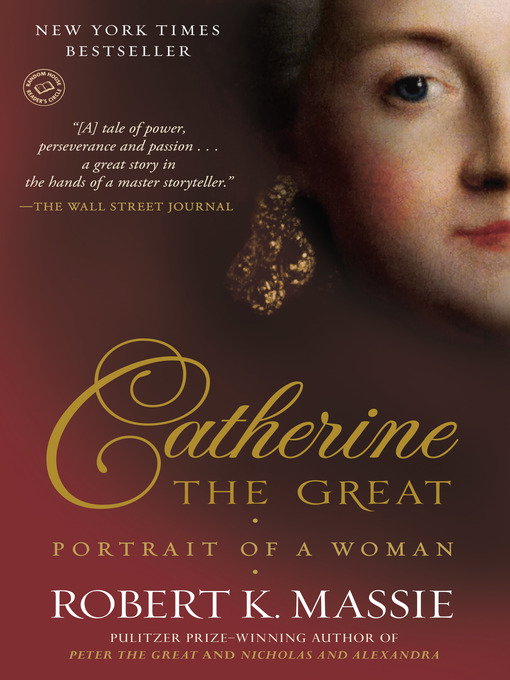

Near the end, Massie digresses a bit to give what seemed to be more detail than was needed on the French Revolution. The book is long but the material is consistently interesting. But no one at court saw anything scandalous about it at the time.

Yes, Catherine the Great took a succession of young men as "favorites," the male equivalent of mistresses. In a more or less chronological march, Massie gives a well-organized, thorough account of Catherine’s attempted reforms, her wars, her varied political alliances, her friendships with philosophers, her patronage of the arts, her attempts to modernize and upgrade the health and education of the populace as well as addressing those rumors about Catherine’s scandalous personal life. This is where Catherine’s genius truly becomes evident.

Eventually, Elizabeth dies, Peter takes up the reins of government, and then Catherine, with the help of the army (and her lover), stages a coup.


 0 kommentar(er)
0 kommentar(er)
